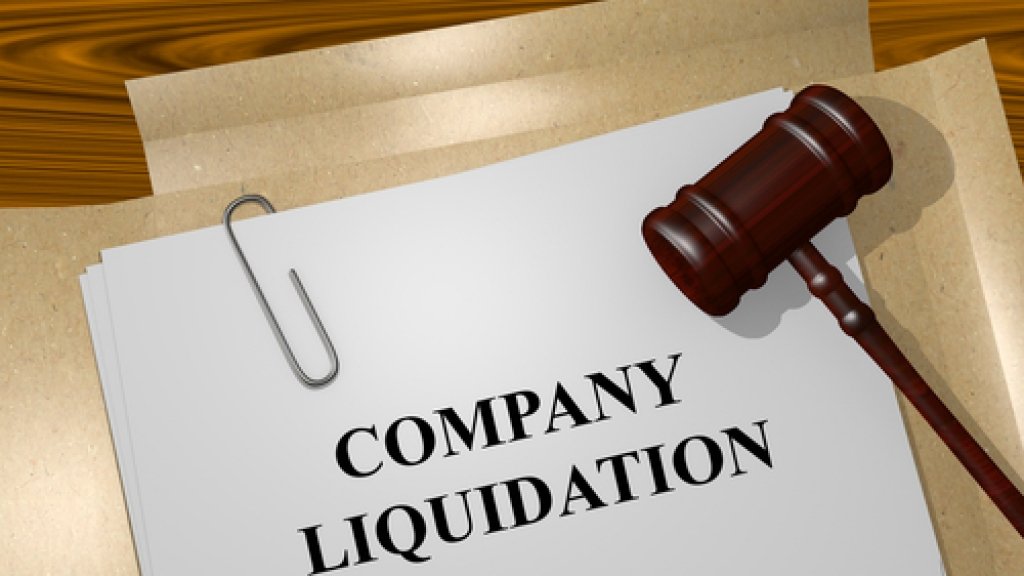
Wondering what is liquidation of a company? Speaking about liquidation is a process that debt-laden companies carry out to completely wind up their business operations. In the process of limited company insolvency, the assets are sold out to repay any liabilities and other necessary obligations.
It has been seen that the company liquidates when the business is not in a position to continue the operation. Well, there can be multiple reasons behind this. For example, when the company faces bankruptcy. In such a case, the appointed liquidator will sell the assets of the company. The money obtained from the sale is used to repay the liabilities. After that, any remaining amount is distributed among the shareholders of the company.
Different Types of Liquidation
In general, there are three different types of company liquidation and can be used for different purposes. These are:
-
Compulsory liquidation
Such a type of liquidation happens when the lenders or creditors file a petition for liquidation of the company. And they do it if the company fails to repay the debt within a specific time period. Once filed, this will force the company to sell the assets to repay the creditors. If your company is insolvent or you can’t pay the debts, then you can be forced to wind up your business if you have failed to pay back your debts as per the terms and conditions.
-
Members’ voluntary liquidation
Sometimes, the owner of the solvent company can volunteer in the liquidation. In this case, at least 75 percent of the members of the company should vote for the liquidation. After the voting, a professional liquidator is appointed in order to settle the company’s debts along with other legal disputes. However, the leftover funds, if any, will be distributed among the members as well as shareholders. There will be no involvement of the court in this method of the company’s liquidation.
-
Creditors’ voluntary liquidation
Talking about creditor’s voluntary liquidation, it is a process carried out by the company’s directors instead of the creditors when they realize they can’t pay the debts or the liabilities have exceeded the total asset value of the company. One decides, the directors can appoint a liquidator to handle the debts and legal matters. And it is important for the directors to cooperate with the process.
Take the help of a liquidator for a seamless experience
Speaking about a liquidator, he is an individual who will be appointed to terminate the business’s operation and dissolve the company. The liquidator will be responsible for selling the company’s assets in order to repay the external as well as internal liabilities of the company. Even though these are some of the crucial responsibilities of a liquidator, he can also deal with other tasks. For example:
- Interviewing the company’s directors as a part of the investigation related to the liquidation of the company.
- Handling outstanding contracts, if any.
- Communicating important information to the creditors during the liquidation process.
- Dealing with the process related to the removal of the company from the Companies House.
If you don’t have much time to deal with all the paperwork, then hiring a professional liquidator can be a great option for you.
Final Words
In simple words, it can be said that liquidation or limited company insolvency is a process of winding of or, you can say, shutting down the operations of the company. Once the liquidation process is completed, the company will not be allowed to sell the products and services and will cease to ease to exist. However, the liquidation process can be very complex, and you may also need to deal with HMRC debt management. So, if you are planning for liquidation, take expert help.


